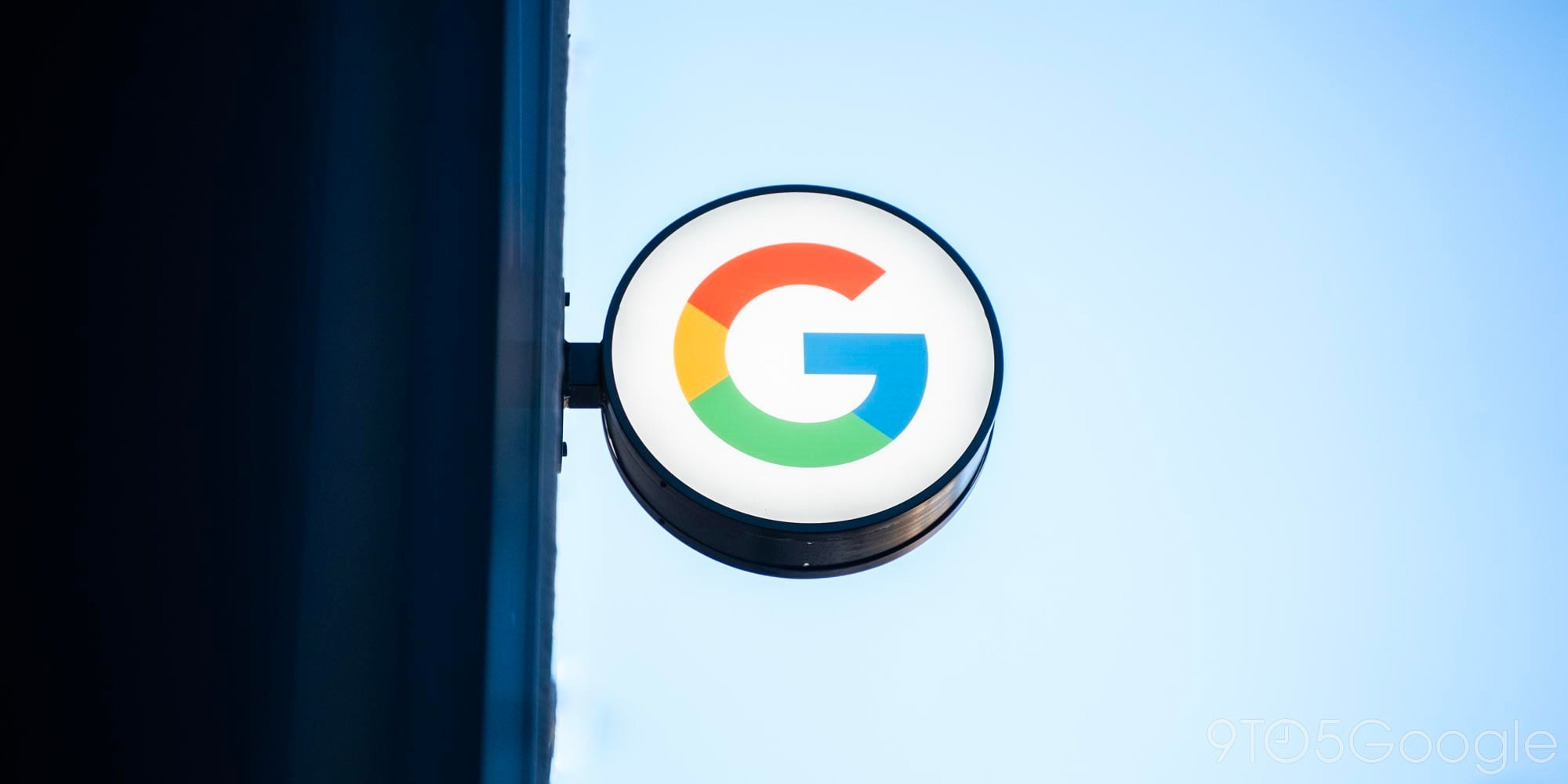The Google Now Launcher is fully shutting down 10 years later

The Nexus 5 in 2013 debuted what would become to be known as the Google Now Launcher. Nearly a decade later, Google is set to shut down the launcher.
Expand Expanding Close
The Nexus 5 in 2013 debuted what would become to be known as the Google Now Launcher. Nearly a decade later, Google is set to shut down the launcher.
Expand Expanding Close

One of Android’s greatest strengths is the ability to customize the experience in essentially any way you would like. One of the easiest, though, is with a custom launcher. A favorite for many over the past few years has been Google’s own Google Now Launcher, however, the company has recently revealed that the launcher won’t be around too much longer, leaving many fans with no immediate alternative.


Launched in 2013 with the Nexus 5 and later made available to all Android devices, the Google Now Launcher is being discontinued in the coming weeks, according to an email sent by a tipster to Android Police. Existing users will continue to receive support, while OEMs are encouraged to develop their own launchers that integrate a new library that allows for easy access to the Google Now stream…


One of the most-used customization features in Android is the ability to change your device’s launcher. This allows you to customize the look and feel of your home screen, app icons, as well as functionality of the app drawer and folders on your device. This comes especially in handy when you don’t like your device’s customized skin — like TouchWiz on Samsung devices or EMUI on Huawei devices…


Update 1/13: In another update (version 5.8.47.19), the normalized app icons were removed and are now back to their original size. The feature was likely just a bug. This update also fixes the gap between the favorites tray and onscreen buttons in landscape and the non-grayed out buttons when the launcher is opened.
The Google Now Launcher received quite a few updates in version 5.8.45.19 of the Google app. The launcher, which resides within the Google app, now has landscape orientation and normalizes the size of app icons.

One of Android’s best features is the ability to download and install custom third-party launchers. Don’t like the way your phone home screen looks or how the apps are organized? Fine. Change it. But finding the best one, or a good one for that matter, can sometimes be a daunting challenge. And which one you think is the best ultimately depends on what you value most: aesthetics, organization or productivity? I’ve rounded up what I think are some of the best launchers out there, as well as a wild card for you to consider in your quest for the perfect Android experience.


Google finally announced the name to its upcoming mobile operating system a couple of days back. Android 6.0 will officially be dubbed ‘Marshmallow‘, and the developer preview is available to download for developers with Nexus phones. If you don’t have a Nexus phone, you’ll be glad to know you can still get a small taster of what it’s like to use Marshmallow by downloading the Google Now Launcher used in the latest beta software.

Google Search is a powerful tool that you’ll find on almost any Android device. Its ability to start listening to your voice after you say the hotwords “OK Google” makes it convenient to use and fun to show off. Most people assume the hotword detection only works when you’re in the Google Search app or if you’re using the Google Now Launcher, but when using a device that’s on Android 4.3 or higher, you can set up Google Now to listen for the hotwords from any screen–even when the display is off on some devices…


While those buying high-end handsets often get the option of Google Play editions that are free from manufacturer overlays, the same isn’t generally true of low-end ones, where manufacturer overlays rule. ZTE’s new Blade Vec 4G handset, though, is being supplied with the Google Now Launcher as the default interface, reports the WSJ.
“Some consumers may prefer Google Now Launcher,” said Zeng Xuezhong, ZTE’s head of mobile device business, in an interview Thursday. “We are trying to give users more options.”
The Chinese manufacturer says that it expects to sell around 20M smartphones in its home market this year, with a similar number in the US.
ZTE says that it plans to launch further Google edition handsets in future, but that it will continue to use the MiFlavor overlay on others. Its high-end Nubia Z7 was announced earlier this month, but it’s not yet clear whether it will make it to the USA.